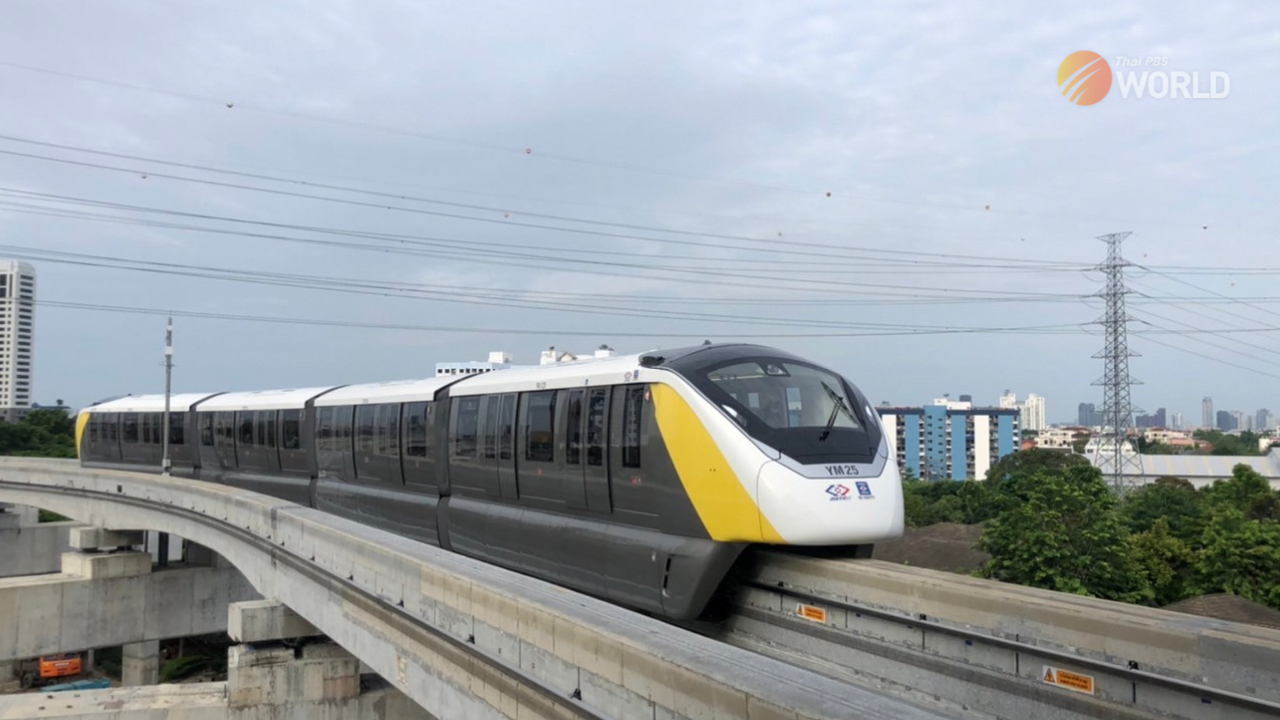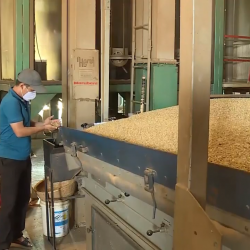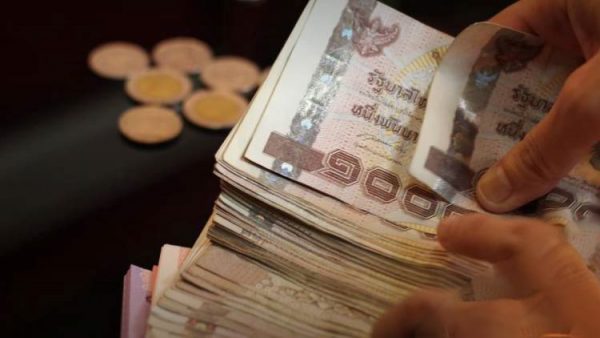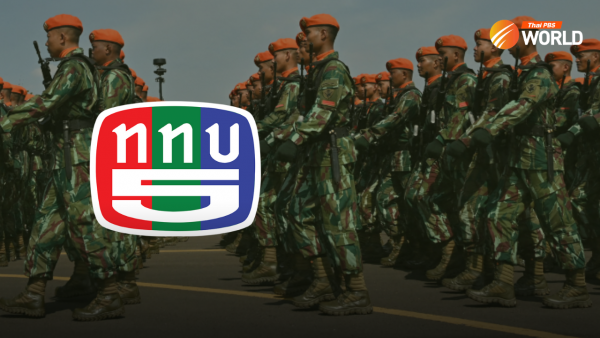Bangkok is adding new train lines, but the high fares are not helping

Bangkokians are getting more commuting options. The Yellow Line recently began daily trial runs. The route starts from Lat Phrao Road, one of the most congested areas in the city, snakes through Srinakharin Road — another area famous for its traffic bottlenecks — and reaches the terminal station at Samrong in Samut Prakan province, covering a total distance of 30.4 kilometers.
The Yellow Line, with 23 stations, is the first monorail transport system in Bangkok, which may fade in size when compared with the BTS Skytrain and the MRT subway rail transit system.
Many people from all age groups have been taking the free rides on the Yellow Line. They looked excited and delighted as the opening of a new transport system gives them more choices for daily commuting, whether it is to their places of work, school or other purposes.
The free ride is covered in a short period of time, but the Cabinet on June 27 set the ticket price at between 15 baht and 45 baht. Services will commence officially from July 3.
There are rumblings of discontent over the pricing, and many believe that the expensive fares may prevent more people from accessing the services.
The average fare in Thailand is far higher than what many other countries collect from users.
For example, the train fare in Bangkok is on average about 20 percent more expensive than in Singapore.
Considering the daily minimum wage in Thailand is slightly more than 300 baht a day, it would be impossible for low-wage earners to be able to afford the commute every day.
The high fares were an issue in the run-up to the May 14 general election. Many political parties made campaign promises of lowering the fares.
Many critics believe that such promises would not be kept, offering as example the outgoing government, which had pledged to make train services more affordable to a larger number of users but failed.
“The new government would have to review the concessions awarded to private companies, or they would have to provide subsidies, otherwise the issue of high fares would remain unresolved,” said Sumet Ongkittikul, research director for transportation and logistics policy at the Thailand Development Research Institute, an independent think-tank.
He said that the average fare cost is about 90 baht for a single trip from a suburb of Bangkok to the heart of the city, as a passenger may need to take at least two train lines.
One of the factors that makes the train fares expensive is passengers need to pay a first-entry fee when they jump from one line to another line, as each has its own base fare.
The challenge is how to eliminate the first-entry fee and how private companies operating different lines could share their fare revenue. This is a complicated issue and its resolution would take time, said Sumet.
The other issue is how to get more people to use the train services instead of their own cars. People are still grumbling about the inconvenience in moving from one line to another line, as the stations are sometimes not in close proximity. There are also complaints about facilities. For instance, the number of lifts and escalators seem to be inadequate, making it difficult for the elderly or disabled people to use the train services.
Woraphop Viriyaroj, a party-list member of Parliament of the Move Forward Party, assured that the party and coalition parties set to form the new government, have been working on a plan to reduce the electric-train fare. He, however, declined to go into the details, saying that should his party-led coalition form the new government, the fare reduction would be publicly announced later.
Increasing commuter numbers
Bangkok Governor Chadchart Sittipunt has plans to develop a feeder system so that it would be more inconvenient for people to access the train system. He has promised to deploy more buses for carrying passengers from minor roads to the train stations. Today, many commuters are taking motorcycle taxis to travel from their soi alleys to the train stations, which are on the main road.
People who are used to the comfort of driving their own cars may be reluctant to abandon the habit, as they find using public transportation to be less convenient.
A regulation to limit the number of cars that can enter the city limits might be needed to increase more use of public transportation.
Debt overhang
The other key question is: will the new government agree to share the cost incurred in extending the Green Line? Currently, the Bangkok Metropolitan Administration (BMA) owes a debt of more than 120 billion baht for the investment in the extension of the BTS Skytrain system.
Chadchart recently indicated that the BMA was preparing to pay some of the overdue debt to the Bangkok Mass Transit System Plc (BTSC), the operator of the BTS Skytrain.
The BMA may be able to start collecting fares for the extension from Mor Chit- Khu Khot and Bearing – Kheha stations, which could ease some of the financial burden, said Sumet.
Positive spin-off
The investment in the electric mass transit train system has contributed to the growth of the green bond market.
BTS Group Holding is one of major private companies that has issued green bonds to finance investment aimed at reducing greenhouse emissions. More use of electric train services and fewer cars on the streets would lead to cleaner air and contribute to efforts to reduce global warming worldwide. The Finance Ministry also has issued green bonds to fund public investment projects, taking into account sustainable development.
The new government may need to support local governments in provincial cities to invest in the electric rail transit system, as big cities such as Phuket, Hat Yai, Khon Kaen and Chiang Mai also suffer from traffic jams.
The private sector and the local government in Khon Kaen have been trying to build a transit line for many years but the project is still pending, largely due to the high investment cost and for permission from the central government to use public land.
By Thai PBS World’s Business Desk
@thaipbsworldWhy are public buses disappearing from the roads? Thai PBS World DAILY 27th June 2023 #ThaiPBSWorldDAILY #ThaiPBSWorld #ThailandNews #ThailandUpdate♬ original sound – Thai PBS World






